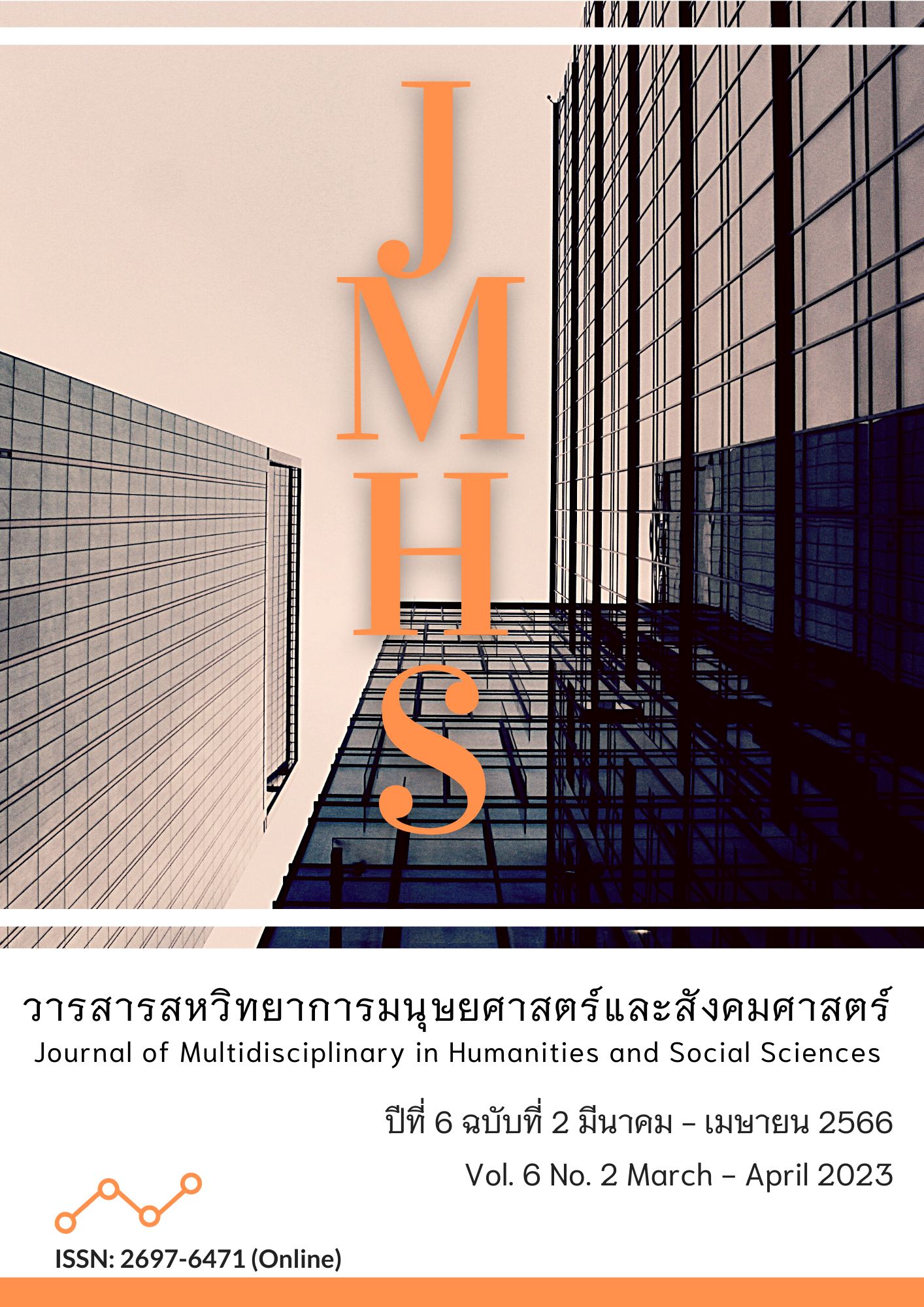The Study on Blended Learning Management Approaches to Develop Students’ Potential under the COVID-19 Pandemic in Thailand
Main Article Content
Abstract
The study on blended learning management approaches to develop student potential at the basic education level under the outbreak of COVID-19 aimed to 1) study blended learning management characteristics to develop student potential at the basic education level under the outbreak of COVID-19; 2) study blended learning management approaches to develop student potential at the basic education level under the outbreak of COVID-19; and 3) provide suggestions for blended learning management approaches to develop student potential at the basic education level under the virus outbreak. Four steps of research and development were used for the implementation, i.e., studying basic data to develop blended learning management approaches, drafting blended learning management approaches, testing blended learning management approaches, and providing suggestions for blended learning management approaches. The results revealed that:
1) Blended learning management characteristics to develop student potential were various and flexible with the context of students in each particular school. Under the COVID-19 outbreak, learning management should be integrated.
2) Learning management approaches were divided into on-site and on-hand learning management approaches at the elementary level and on-site and on-hand learning management approaches at the high school level.
3) For suggestions for learning management approaches, involved agencies should give precedence to teacher development in terms of integrated learning management design, active learning management, coaching, creating and using learning media as well as sources, and authentic assessment.
Besides, agencies at the policy level should also support concise curricular integration, online learning sources, the development of online learning sources, promotion of assessment to develop authentic learning, and creating strong education management networks.
Article Details

This work is licensed under a Creative Commons Attribution-NonCommercial-NoDerivatives 4.0 International License.
Views and opinions appearing in the Journal it is the responsibility of the author of the article, and does not constitute the view and responsibility of the editorial team.
References
Abdulla, A. (2017). Coaching Students in Secondary Schools: Closing the Gap between Performance and Potential. New York: Routledge.
Crockett, L. W., & Churches, A. (2017). Mindful Assessment: The 6 Essential Fluencies of Innovative Learning. Bloomington, IN: Solution Tree Press.
Driscoll, M. (2002). Blended Learning: Let’s get beyond the hype. Retrieved from http://www.07.ibm.com/services/pdf/
Khlaisang, J. (2019). Documents for Academic Training on Blended Learning. Bangkok: Chulalongkorn University.
Nasongkhla, J. (2018). Designing for Digital Learning. Bangkok: Chulalongkorn University.
Office of the Education Council. (2017). Thailand Education Scheme. Bangkok: Prikwran Graphic.
Pinasa, A. (2021). Online Learning for Thai Students. Retrieved from https://www.obec.go.th/archives/377135


